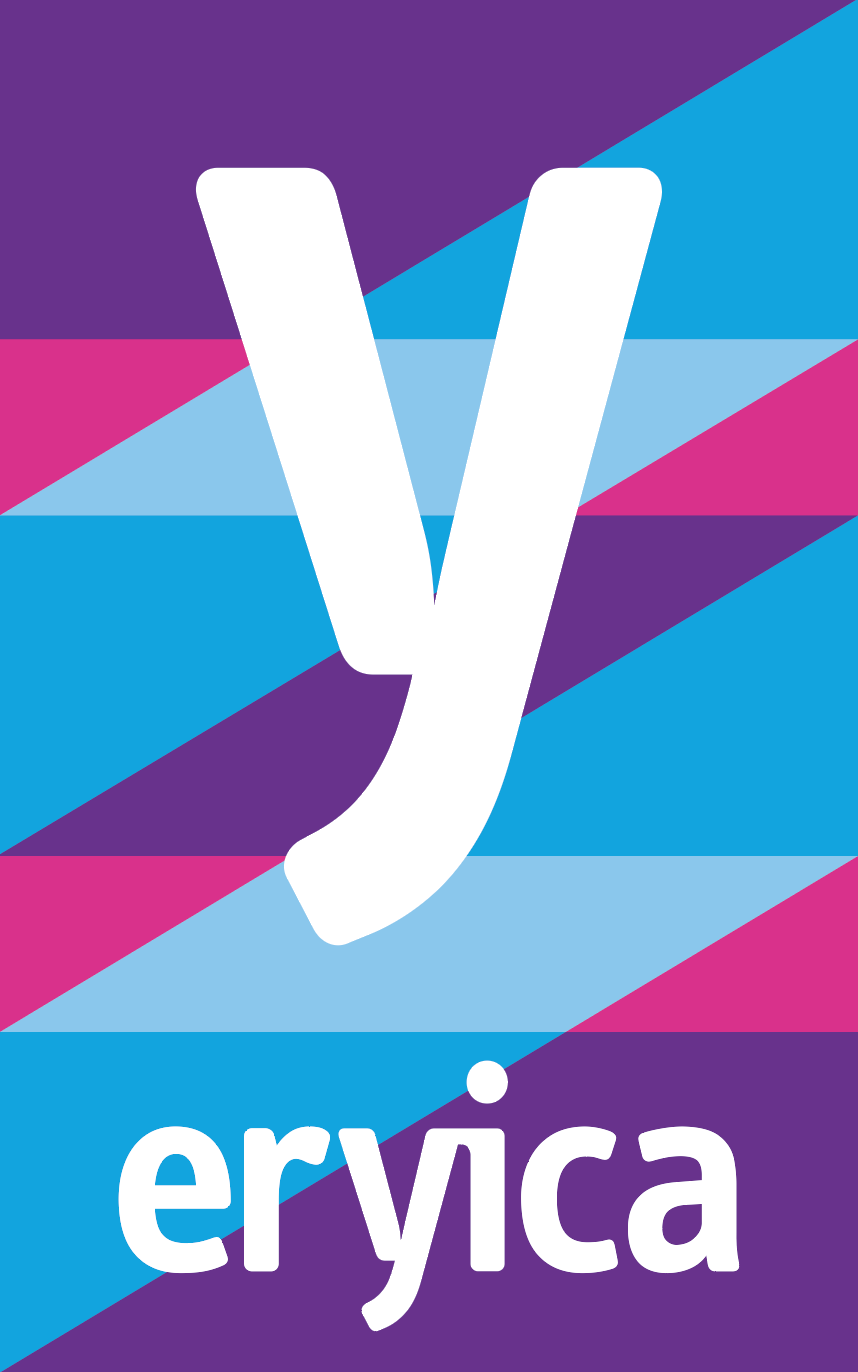Connected with our eyes in Madrid
2022
Connected with our eyes in Madrid
The Eurodesk post of the Regional Center for Youth Information and Documentation (CRIDJ) of the Region of Madrid participated in the information campaign "Time To Move 2022" with the project "Conectados con la Mirada". The project aims to inform young people of European mobility programs and enhance these actions as an opportunity to live and learn with REAL, not virtual EXPERIENCES. At a time when virtual communication through screens has gained so much presence in our lives, this project seeks to raise awareness and value key aspects of face-to-face contact to experience through all our senses, favouring communication with our interlocutor.
"Connected with our eyes" is a one-hour workshop delivered in 15 locations in the region. 6 of the workshops involved young people with fewer opportunities, people with disabilities, and students of basic vocational training (young people who had not completed compulsory secondary education).
The session began with exercises to pay attention to others through the senses. The participants were asked in pairs to maintain continuous contact and pay complete attention to the sensations of the other person and their own and become aware of the moment they were experiencing. The objective was to seek and maintain the partner's gaze to perceive what they were feeling and what makes us be ourselves. We also invited them to shake hands, to be in contact in silence and with their eyes closed for two minutes. They had to pay full attention to the point of contact with the partner (temperature, softness, etc.). According to those responsible for the entities, this exercise has been incorporated as the daily way of greeting others in some groups of young people with disabilities.
Then, participants played a role game based on a real case that went viral on social media, followed by a simulation of the same situation experienced online. The second exercise was intended for participants to visualise the differences in behaviour on screens and the real world. We created a space for debate and reflection on modes of behaviour in real and virtual worlds, highlighting the value of genuine contact as a means of communication. To conclude the session, the trainer explained the different European mobility programs, highlighting the opportunity they offer to young people to experience new realities and other cultures and create spaces for exchange and coexistence.
The outcome of the campaign has been positive. Participation of young people in the workshop was significant, both during the presentation of the European programs and in the subsequent debate. Furthermore, participants were positively surprised by the exercises and spontaneously explained their feelings.
Finally, we would like to mention a series of questions that have commonly emerged in the debates:
- What do we become when we communicate through a screen? When we communicate with an unknown person, we don't automatically identify them as people; we may reduce them to a simple comment.
Another frequently mentioned issue is that virtual communication is incomplete and insufficient for the interlocutors due to the lack of data. At the same time, it requires a high degree of immediacy and little rest in the situation. All this leads to an inaccurate interpretation of reality, frequent misunderstandings and difficulties in communication. Something else pointed out is that when a person hides behind a screen, they dare to make comments they would not make in person. The presence of people who seek to create controversy and confrontation has also been highlighted, and for these types of people, virtual worlds are an ideal place to achieve their purpose.

